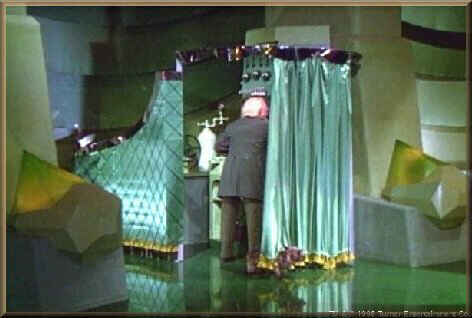Pedagogy. Andragogy. Adolgogy?
I have been banging the drum for some time and will continue to do so to the end of Reclaiming the Nomenclature. The first iteration of this phrase gets a rare nod and mostly puzzled looks. Well, sure, people do not use the term nomenclature much these days but I have always been fond of it since seeing Little Murders with Elliott Gould. Enjoy. It is right around 2’23”.
In my mind are a short list of terms that are overused and abused and through this type of use have lost their meaning entirely.
Genius.
Absolutely.
Pedagogy.
I could go on. Alright, I admit, it is a long list and I have a good memory so it continues to grow at a exponential rate. In this post, I will focus on the term pedagogy. <shudder>
Pedagogy is a term that we must all understand is both antiquated and misused for the most part. We understand the connotation when it comes up, but still cringe a bit when it is used. The etymology of the word tells us that it simply means ‘child leading.’ Discussion about it usually goes like this:
‘that isn’t what I mean.’
“then why did you say it?”
Pedagogy refers, in large part, to the approach, process, and learning of teaching. By defining it, we denote the terminology and make it sound fine, do we not? In that sense, we can use pedagogy in our in-services, professional training, college courses, etc. Correct? Of course not!

We know that pedagogy is stuffy and that we are no longer in a field dominated by lecturers in the K-12 classrooms. We know that direct instruction is acceptable for some lower grades in some instances but that we should, as soon as developmentally possible, get our students involved and participating rather than “being led” but the pedagogue.
We know, thanks to Malcolm Knowles,of the term andragogy that still tricks our spellchecker even though it is a common word that has been in published materials throughout the world.

Andragogy refers, in large part, to the approach, process, and learning methods used when working with adults. It recognizes that adult learners have specific needs that must guide the development of instruction. We like to use terms such as facilitate when we do not know what else to say in regard to andragogy.
It is much more than facilitation and Men are
from Mars-style deceptive communication practices. Take some time to read up on it–by the way, by definition, andragogy doesn’t work with college students but that is another post for another day.
Returning to my battlecry,
Reclaim the Nomenclature!
What, then shall we name the set of acceptable, beneficial, necessary, and sufficient learning approaches used to educate the adolescent? Let us not fall into the poor practice of saying that other terms are good enough. Let us think differently about education. Let us be responsible. The answer to this question is not just about creating terminology, but it is about creating definitions that are both functional and accurate.
So what’s in gonna be?
Adolgogy? You heard it here first. Maybe last.



